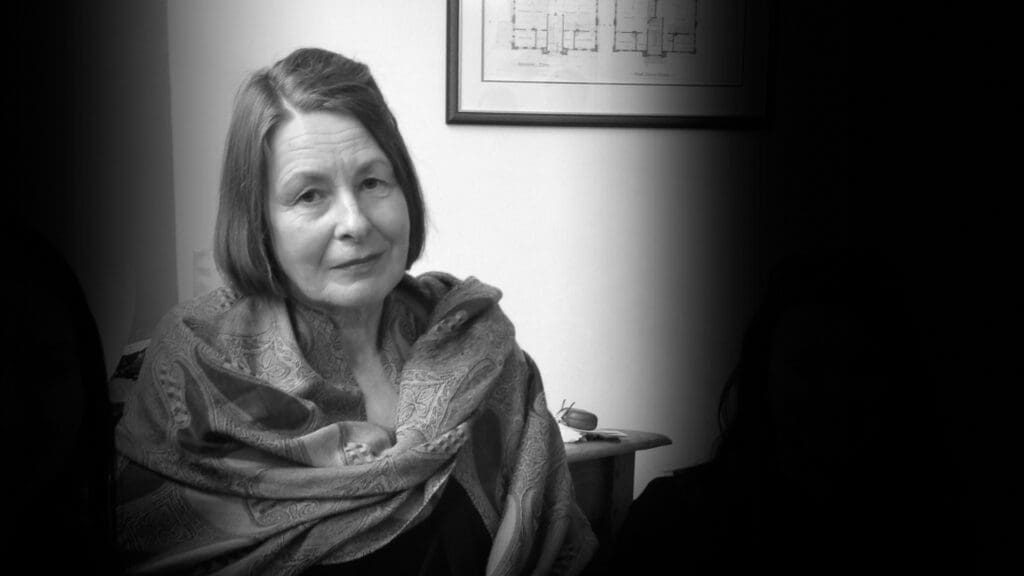UN calls for refugee transfers to Australia
UN experts have once again urged the Australian Government to immediately provide healthcare to over 800 refugees in its care on Manus and Nauru and transfer those identified as requiring urgent care to Australia.
The UN’s Special Rapporteurs on migrant rights, torture, and mental health, have told the Morrison Government that the lack of care on Manus and Nauru ‘amounts to cruel, inhuman and degrading treatment’.
Katie Robertson, a Legal Director with the Human Rights Law Centre said the UN’s comments reflect the continued international shock at the Government’s sustained cruelty to refugees and people seeking asylum.
“The men and women on Manus and Nauru deserve the chance to rebuild their lives in freedom and safety. Instead, our Government continues to imprison them indefinitely on remote islands in cruel and degrading conditions. And now, after six long years, we are seeing an increasingly dangerous medical crisis with the very real risk that lives will be lost.”
The UN experts pointed to ‘several reported cases of death resulting from the lack of access to health care including medical treatment at the offshore facilities.’ There have been 12 deaths across Manus and Nauru since 2013. Last year, the Queensland Coroner found that the death of Hamid Khazaei, a 24 year old man indefinitely detained by the Australian Government on Manus Island, was “preventable” and that if he was evacuated to Australia for medical treatment sooner he would have survived.
The men and women in Australia’s offshore camps, are experiencing a wide range of serious health conditions ranging from people who are acutely suicidal, to people with serious heart conditions that cannot be treated on the islands. More than 60 incidents of attempted suicide and self-harm have been reported among the refugees in the last month.
“For the past six years the UN has raised serious concerns about the Australian Government’s blatant disregard for the rights of refugees in Australia’s care. In this time, we’ve seen a medical crisis unfolding that is deteriorating rapidly. The Australian Government must stop playing political games and act before more lives are lost. All the men and women that remain offshore must be brought to safety, and the camps closed permanently,” said Ms Robertson.
Ms Robertson said it was also time to address why the Australian Government has been so comfortable rejecting the UN’s human rights concerns for the last six years over Australia’s clear breaches of international law.
“Australian governments make various promises on the world stage by signing UN treaties, but they fail or refuse to actually incorporate them into domestic law. If Australians believe in human rights, it’s time to properly protect them in our laws. We need an Australian Charter of Human Rights to ensure practices like indefinite detention are prohibited,” said Ms Robertson.
Media contact:
Michelle Bennett, Communications Director, Human Rights Law Centre, 0419 100 519
Media Enquiries
Chandi Bates
Media and Communications Manager

Legal challenge filed against Tasmanian Parole Board’s decision to gag free speech
The Human Rights Law Centre has filed legal proceedings on behalf of Tasmanian grandmother, Susan Neill-Fraser, to challenge a restrictive parole condition placed on her by the Tasmanian Parole Board seeking to limit her ability to speak to the media.
Read more
University of Melbourne urged to drop repressive anti-protest and surveillance policies
The University of Melbourne is being urged to abandon policy changes that restrict staff and students’ right to protest and permit the widespread surveillance of people using their wifi network.
Read more
Expanded protections for marginalised groups welcomed in Allan Government’s anti-vilification laws
The Human Rights Law Centre welcomes the additional protections for marginalised groups in anti-vilification laws passed today by the Allan Government. These laws expand protections from vilification to include people from LGBTIQA+ and disability communities, and provide communities with important civil law avenues to address vilification.
Read more


